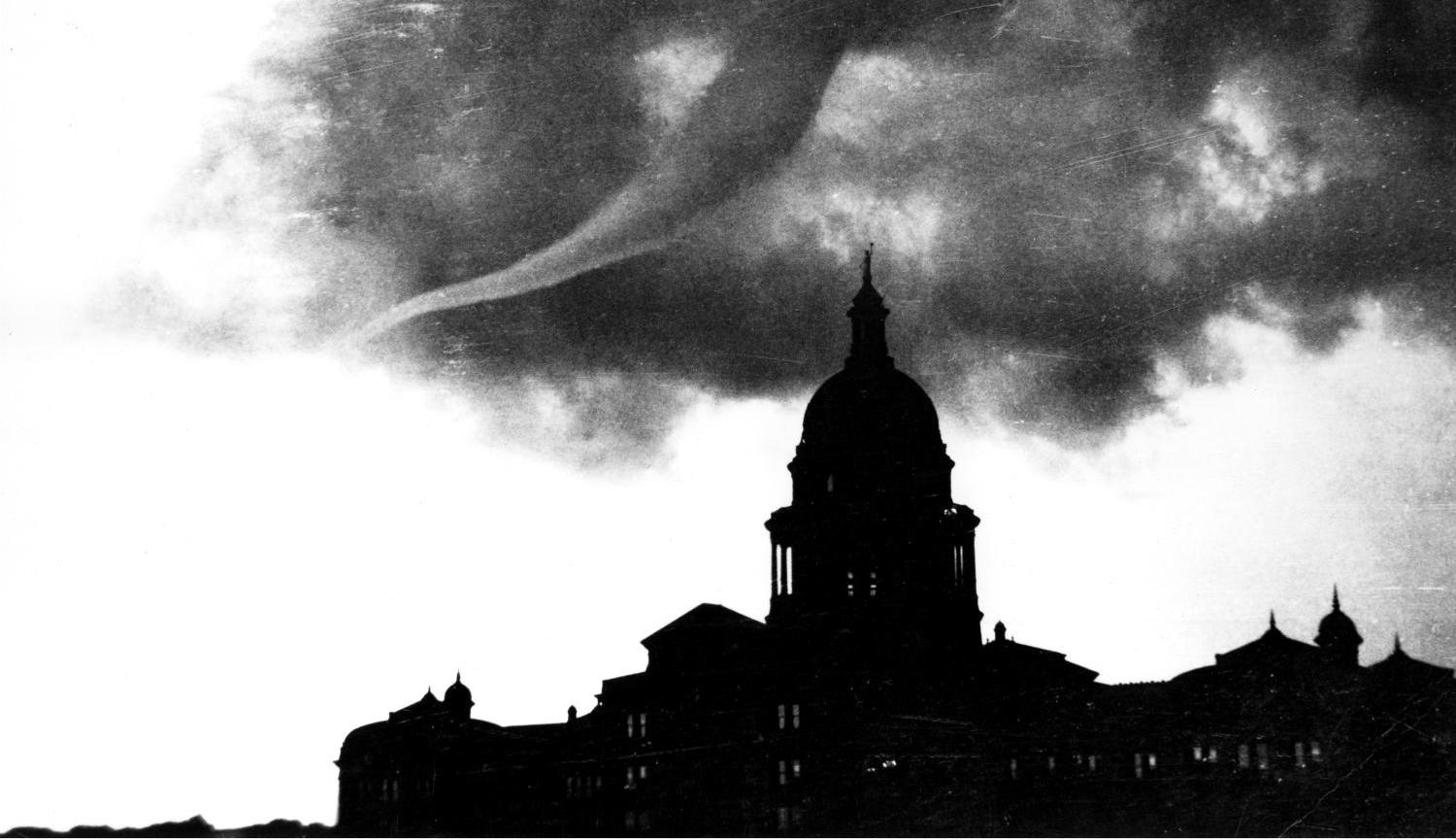ustxtxb_obs_1964_07_10_50_00001-00000_000.pdf
Page 11
The Texas Observer JULY 10, 1964 A Journal of Free Voices A Window to The South 25c To Be from Mississippi Austin I was born in Mississippi and lived there until I was 23 years old. Most of my life I never thought about equality or unequality about segregation or integration. Things were as they were and there was no reason to ever think or talk about them. There were few threats to “our way of life,” and besides the men in my family and my community could always handle any situation with either a strap or a shotgun. I was never taught to hate the Negro nor was I ever taught to treat the Negro as a fellow human being. The Negroes I knew were treated as if they were mentally disturbed members of my familypeople who were not quite right in the head. We were proud of those who learned to read and write and were ashamed of those who fought and got cut up and who made whiskey and got drunk and got put in jail on Saturday night. But they were “ours” and they were “good niggers,” so we got them out of jail the next morning. Besides, we had lots of good laughs over what “Old So and So” said to the sheriff when he got jailed. They were fed what was left over from our table, they were clothed in our old clothes, their houses were on our land, and their furniture was what we gave them when we got new; they were taken care of. Our cook had five children of her owneach by a different man so my mother saidand yet she was at our house every day from daylight till after dark. She got off every other Sunday to go to her own church, but she had fixed our dinner before she left and came back right after church to put it on the table and to clean up the kitchen. She cooked and cleaned our house, sewed and washed and ironed and mended our clothes, raised our garden and did all the canning and preserving, and in her spare time looked after my brother and me. I loved her very much but she was never anything to me but our cook. IT WASN’T UNTIL I “went off to college and got too much education,” to quote my favorite uncle, that I started thinking that Negroes were as good as I was and that they had the same rights and responsibilities to live as I did. It’s hard now to say exactly why and when I began to question and doubt the way I was raised. Perhaps it was that I had read The writer is now living in Austin and is pursuing an advanced degree in biologi–;al science at the University of Texas. Peggy Neely Milner Lillian Smith’s Killers of the Dream and had cried. Perhaps it was that an old hunting buddy of mine, the rector of my church, had talked to me about. prejudices. Perhaps it was my friendship with the Ole Miss history major. Perhaps it was that I was allowed to register to vote in Lafayette County and the elderly Negro man be ; hind me was not. Perhaps it was because I loved and respected that Mississippi newspaperman who was on the “other side.” Perhaps it was that I drank beer in the Hollow, a Negro section in Oxford. Perhaps it was simply that I grew up and realized that something was wrong somewhere. Whatever the reason was, my attitude changed from the oblivion of not being concerned to being acutely aware of my environment. I read everything in the Ole Miss library that dealt with Negroes and the South. I delighted in checking out those books that a nice, sweet Southern girl should not be bothered with. I heard Carl Rowan talk to some Ole Miss students in a Negro cemetery some ten miles from Oxford. In the Campus Senate at Ole Miss I voted against a resolution which congratulated the Chancellor for his stand on the Kershaw matter.* I was told that I was prejudiced as any other Southerner because I was prejudiced against people who believed in segregation. I was put on an inactive list in my sorority because I wanted to include an Assyrian girl when our constitution specifically said only members of the Caucasian race could be members. I used to wake up at night and be afraid that the Negroes in Oxford would decide to riot and that they would forget that I was on “their side.” So I’d visit the next day with my Negro friendsthe local cobbler and the funeral home directorand retell them that I was an okay white person. I went to all trials in Mississippi in which a Negro was involved and I always introduced myself to their NAACP-hired lawyers. I listened to a Mississippi sheriff testify that he did not know whether or not a Negro had ever served on a jury in his county because he never looked at the color of a man’s skin! \(There were no registered Negro voters in his county at that time and Margaret Daniels while she cried over the .”Kershaw was objected to as a speaker at Ole Miss because he had contributed to the NAACP. death of her husband, a nice Negro grocery delivery boy. Daniels had died as the result of a beating by a sheriff who was found not guilty of manslaughter charges. At this same trial a relative of mine who was an official of another county told me that he couldn’t see why everybody was making so much racket over this because he’d “killed many a nigger” in his life and had never been brought to trial over it. I listened to Jim Silver’s appeal for me to stay on at Ole Miss because I could help. BUT I DID NOT STAY and I did not ever help. But then I’m not a martyr. The Southespecially Mississippi hurts too much. To know that people I loved were able to throw bottles and lighted cigarettes at federal marshals when James Meredith was entered as an Ole Miss studentto know that those same people were capable of rioting and of killing two peopleto know that Mississippi is really that closed society Jim Silver says it is in his latest bookto know that my town of Oxford was the scene of violence and destructionall these things hurt too deeply. It has been some six years since I left Mississippi and I wanted to go home again to see for myself that those people I loved were still as I knew them. But I wrote my former roommate, an Oxfordian, and asked her to have a party for me so I could renew all old friendships. This is her reply: “We all had a big laugh when we heard you wanted to see Jim Silver. Peggy, this man is so vile that we no longer give him the satisfaction of discussing him. No, I won’t have him to a party for youit even upsets me that he has to drive by our house on his way home. He had done the University more harm than can ever be totaled. He knows he can’t be fired because the accrediting board would -cry political interference and we could still lose our accreditation. So Silver spends his time giving out the most outrageous press releases and making his name a household word everywhere. I could understand if he were even honest in his cause, but he just loves the attention. The reporters love him because he is newsy and they can always count on a statement. “I would love to have a party for you with some representative types of Oxford, but please don’t ever let it be said that he represents anything other than himself ! ! !” I can’t go home now or ever. It hurts too much to be a Southerner. And I’d suffocate in Mississippi.


